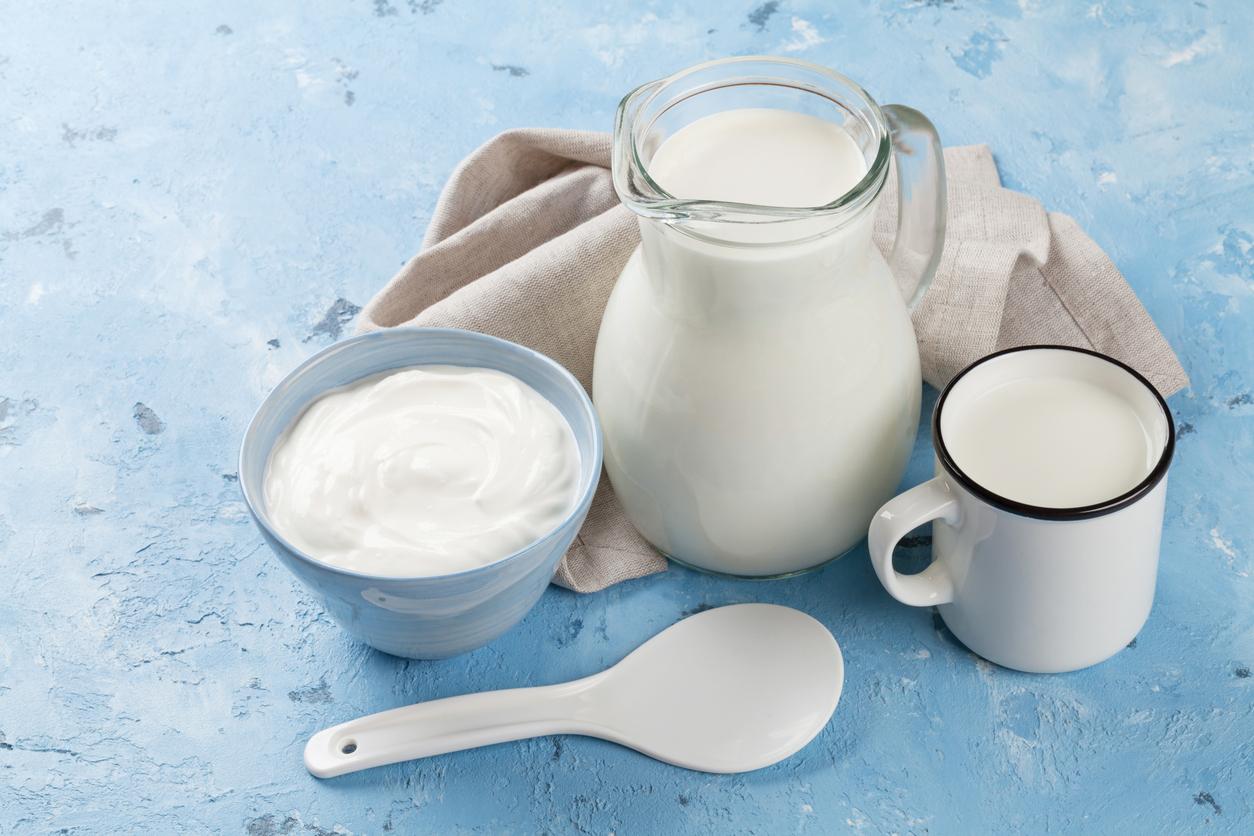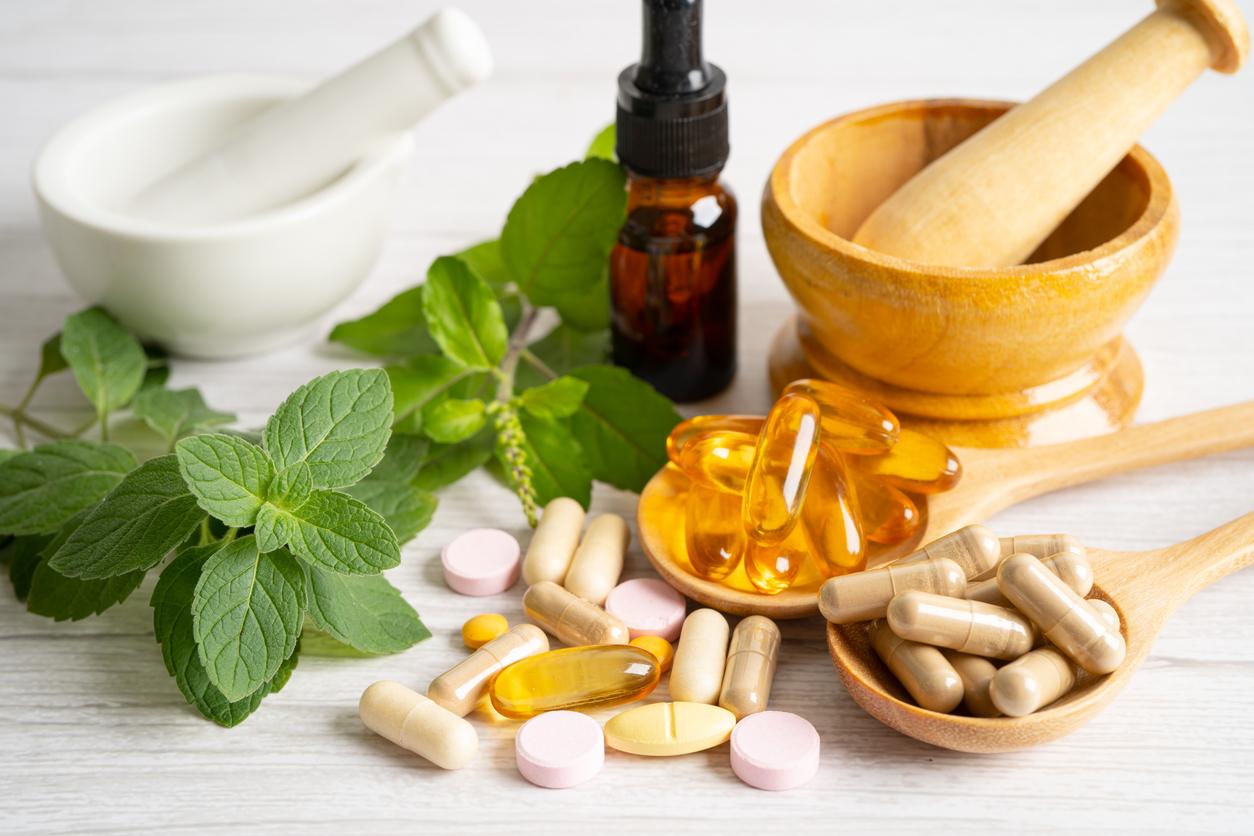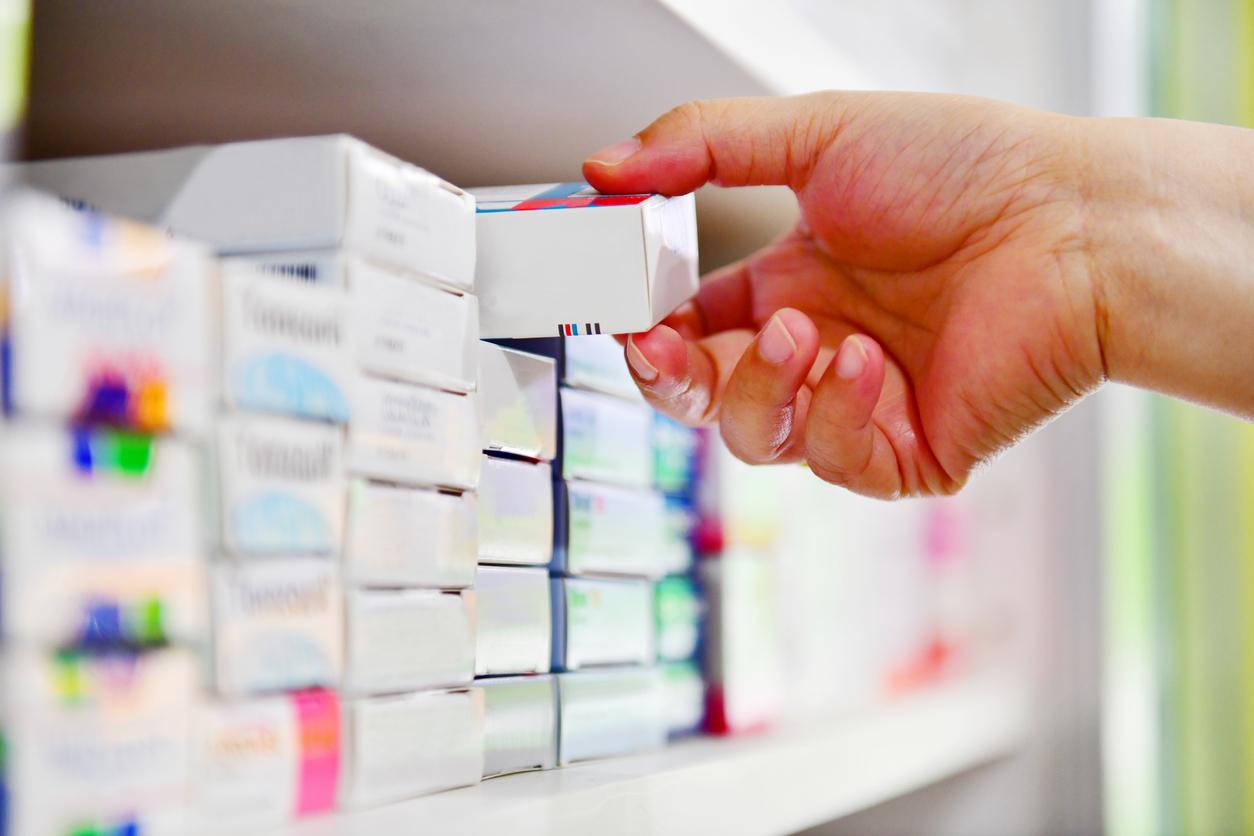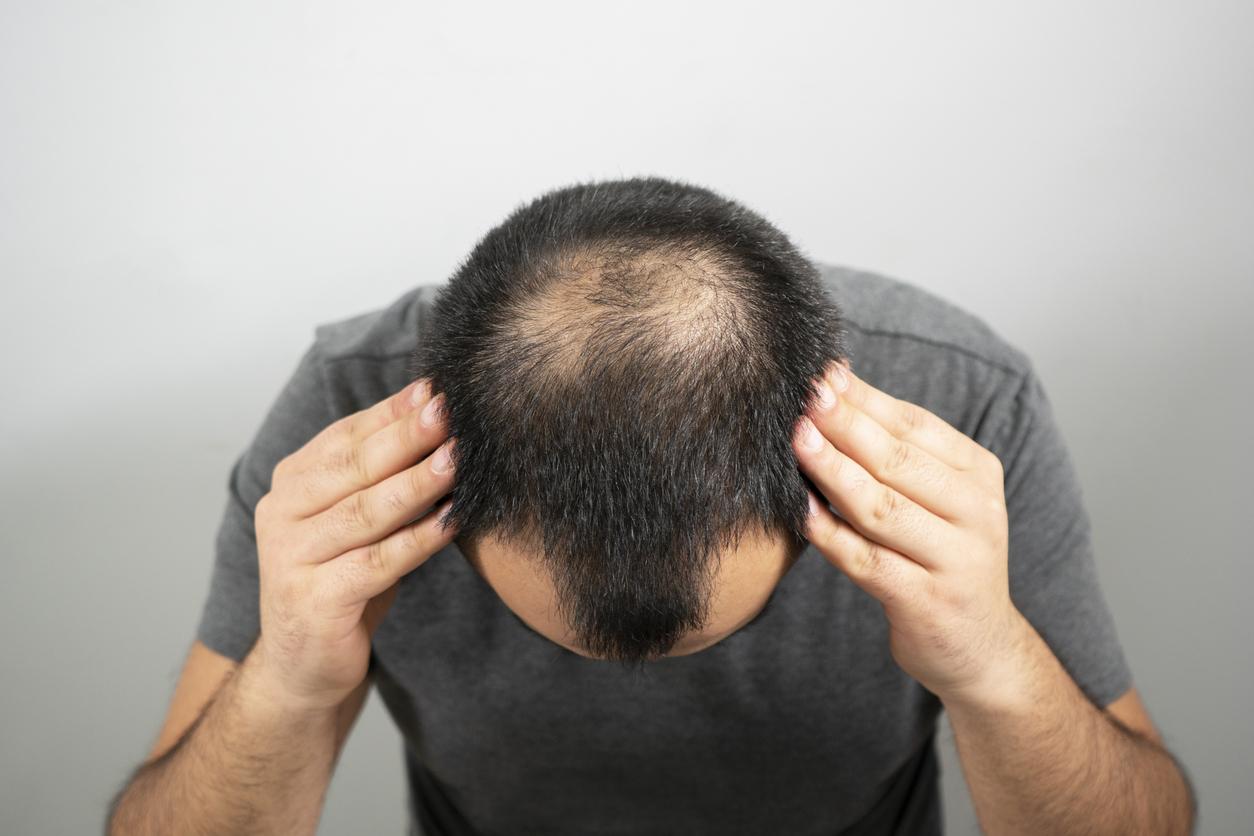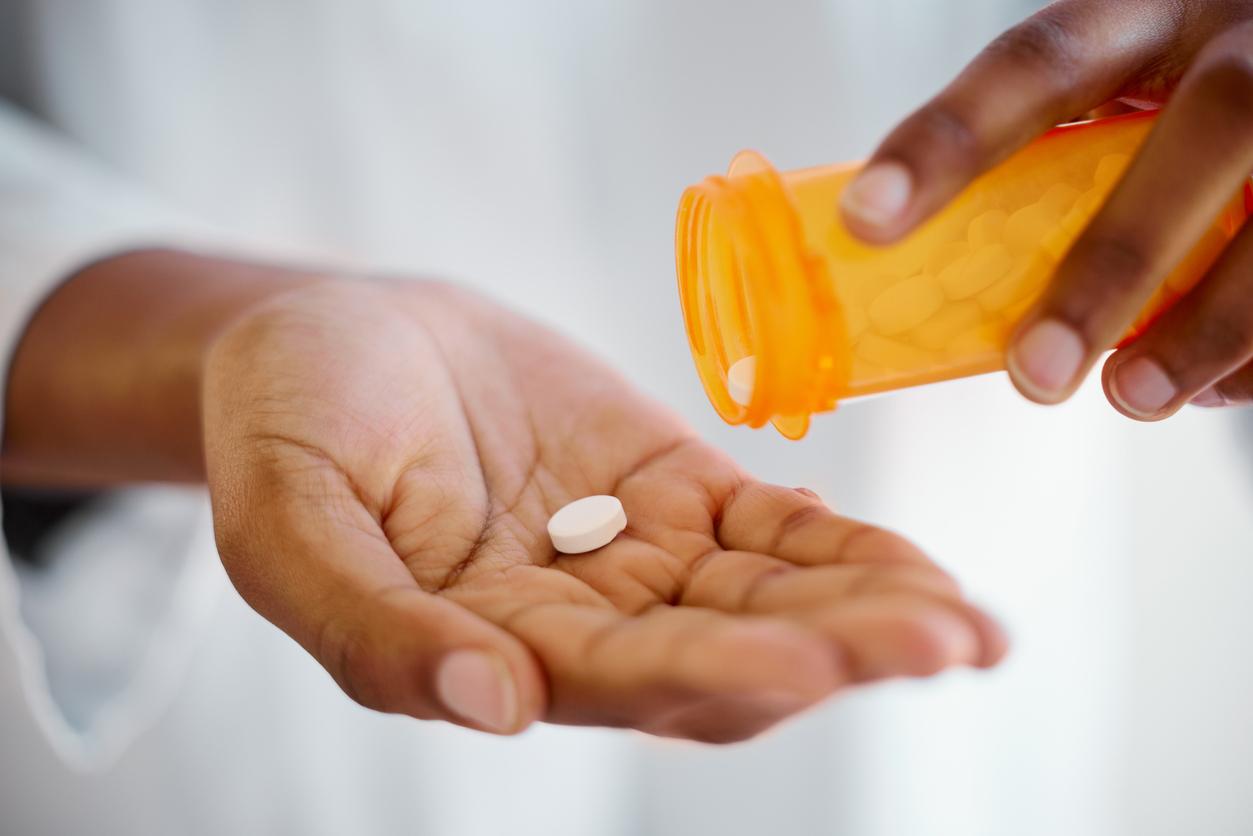When taking long-term treatment as is the case for anticoagulants, antidepressants or antihypertensives, we end up forgetting that these drugs can have undesirable effects if they are combined with certain plants.
Licorice tea, for example, is perfect for digesting and relieving heartburn. But drinking it is out of the question if you are being treated for hypertension because the two combined can lower your potassium levels.
Likewise, feverfew tea, recommended to relieve migraines, is not recommended if you are taking anti-coagulants because it increases the risk of bleeding.
In this dossier, discover the four plants that require your vigilance.
Turmeric
Turmeric, the main ingredient in curry, has a lot of health benefits. He would fight against colon cancer, it reduces the pain of arthritis and it would also be useful to boost the brain. But what is less known is that you should avoid taking it if you are on anticoagulants because turmeric can interact with warfarin (or antivitamin K), which increases the risk of bleeding.
What to replace it with:in case of arthritis, drink juices rich in antioxidants such as grape, sour cherry, pomegranate juice.
Read also
Joint pain: how to relieve it naturally
Feverfew
Used to relieve headache and the rheumatic pain, feverfew may also slow down clotting. It is therefore necessary to avoid taking it when you are on anticoagulants. Also be careful if you are allergic to plants belonging to the asteraceae family (such as daisies or dandelions).
What to replace it with: in case of migraine, boil a handful of rosemary in a liter of water and pour into a large mug. Cover your head with a towel and inhale the vapors for as long as you can.
Read also
Unusual: smells that cause migraine
Licorice
Licorice is often recommended for relieve heartburn. But it is absolutely not recommended if you are taking a treatment for high blood pressure, especially if this treatment includes a diuretic. Indeed when combined with licorice, it can cause a vertiginous plunge of the potassium level, essential for the contraction of the muscles (and the heart).
What to replace it with: to relieve your heartburn, prefer an herbal tea with ginger.
Read also
Natural remedies for good digestion
St. John’s Wort
Many depressions linked to a traumatic event (death, break-up, loss of employment, etc.) are due to a deficiency in serotonin (a neurotransmitter). By stimulating its production, St. John’s Wort overcomes this deficiency and improves symptoms. But you should absolutely avoid taking it if you are already on antidepressants because if St. John’s Wort is used with these types of medicines it can cause serious side effects, including a build-up of serotonin (another neurotransmitter) in the brain.
What to replace it with: supplements based on fish oils. Omega 3s indeed help to improve mood.
Read also
Omega 3: what we don’t always know



